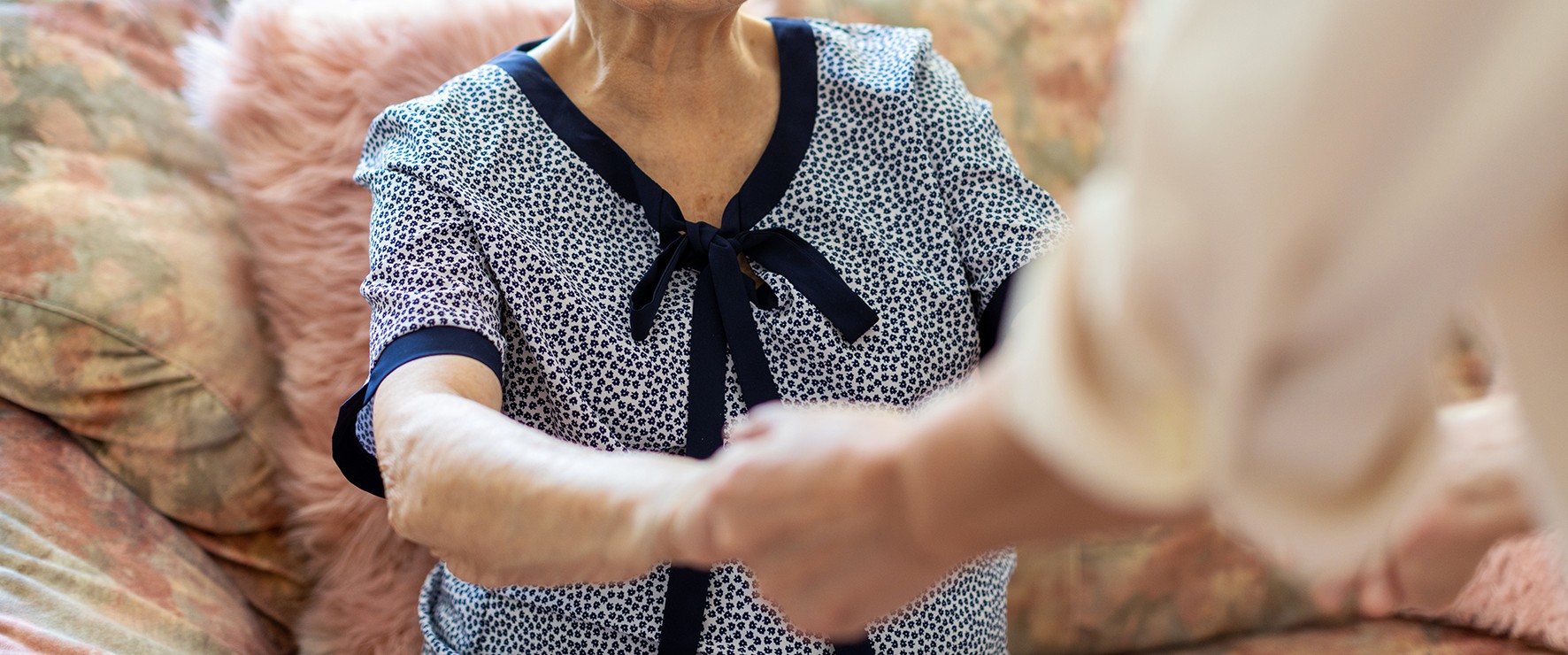World Alzheimer’s Month – raising awareness of dementia and support
World Alzheimer’s Month 2025 in September took place to raise awareness and challenge the stigma surrounding Alzheimer’s disease and other forms of dementia. World Alzheimer’s Day takes place on 21 September every year.
Staff at Glasgow City Health and Social Care Partnership (HSCP) hosted dementia awareness drop-in sessions over the month in local health and care centres. These were well received by local people.
Dementia is a progressive condition that affects the brain in a variety of ways. There are many kinds of dementia but the most common is Alzheimer’s disease. It’s possible to have more than one type of dementia, for example, Alzheimer’s disease and vascular dementia.
One of the most common symptoms of dementia is memory loss. If memory loss affects your daily life, or is worrying you or someone you know, you should speak to your GP. Your GP will discuss the possible causes of memory loss with you, including dementia.
Early diagnosis of dementia is crucial to ensure optimal support and information is provided, enabling people diagnosed to live as full and independent lives for as long as possible.
In Scotland, everyone who is newly diagnosed with dementia is entitled to post diagnostic support (PDS). This helps people diagnosed and their carers to understand dementia, plan for the future and get support to stay well for as long as possible.
This year in our HSCP we’ve started to diversify our PDS to offer group work. The sessions are accessed by referral from the person’s diagnosing clinician. They’re an opportunity for people recently diagnosed with dementia and their family/care giver to come together to learn more about dementia, the support available, strategies to help manage symptoms and peer support.
The groups meet once a week for 6 weeks in a relaxed and informal setting at various sites. They’re delivered by expert HSCP and Alzheimer’s Scotland staff including our Technology Team and they consists of the following sessions:
• What is dementia: understanding the illness
• Memory strategies and managing symptoms
• Healthy living and community connections
• Stress management
• Staying connected .
For more information, please contact Janice Stewart at jstewart@alzscot.org
Lynn Haughey, Change and Development Manager, Older People’s Services, South Locality said: “This work has been an excellent collaboration between HSCP and Alzheimer Scotland staff. Early reports indicate that service users are really valuing the input of staff – the knowledge they bring and the easy to apply tips, particularly the technology that’s now available which has had great feedback from all the sessions so far. And of course, the friendliness of everyone.”
A service user said: “I’ve been keeping the diagnosis to myself, and it’s been great having people to talk to.”
A carer said: “I felt alone with the caring role but was reassured by the group and services that it was a safe space for carers to express their feelings/get help.”
Useful contacts
You can find out more about dementia on NHS Inform. Dementia is not necessarily part of the normal aging process. Proactive lifestyle changes such as eating a healthy diet, regular exercise, reducing alcohol and smoking, maintaining social contacts and hobbies can all reduce the likelihood of developing dementia.
Alzheimer Scotland has more information available and a free 24/7 helpline on 0808 808 3000.
You may be eligible for financial help for the person you are caring for and for yourself as an unpaid carer.
If you would like more information on benefits, including benefits
for people of working age, phone the Age Scotland Helpline on 0800 12 44 222 or visit the Money and Benefits information pages.
Advice for unpaid carers is available from
https://www.glasgow.gov.uk/carers

